About this Substack
My roommate recently turned 25. By "recently," I mean 15 months ago at the time of this writing. I remember asking him, "How do you feel now that your prefrontal cortex is fully formed?"



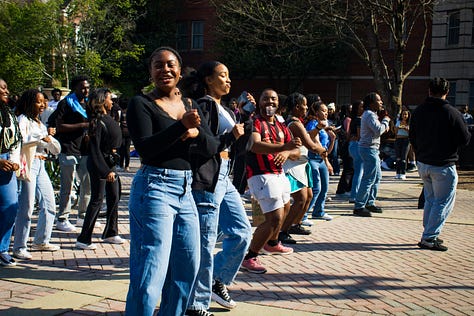
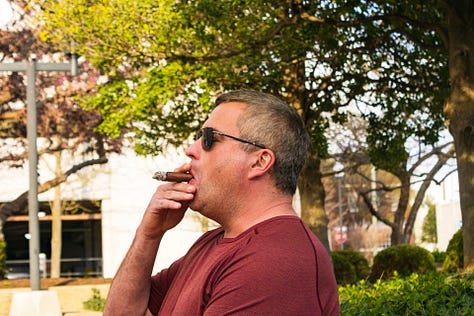
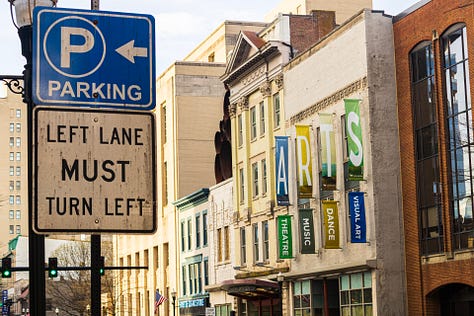
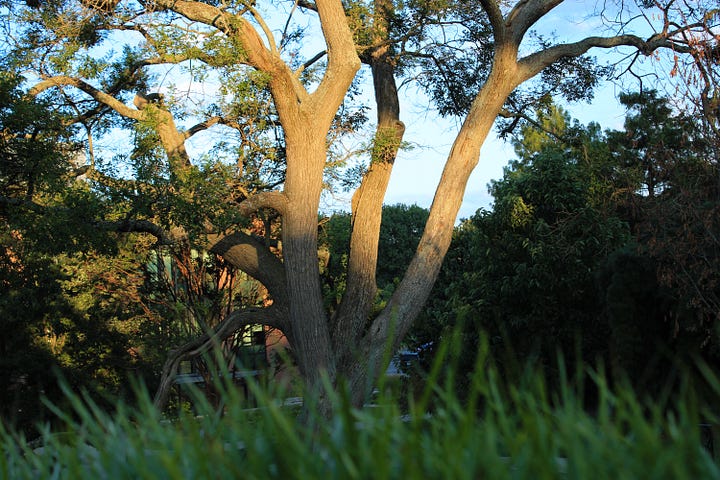
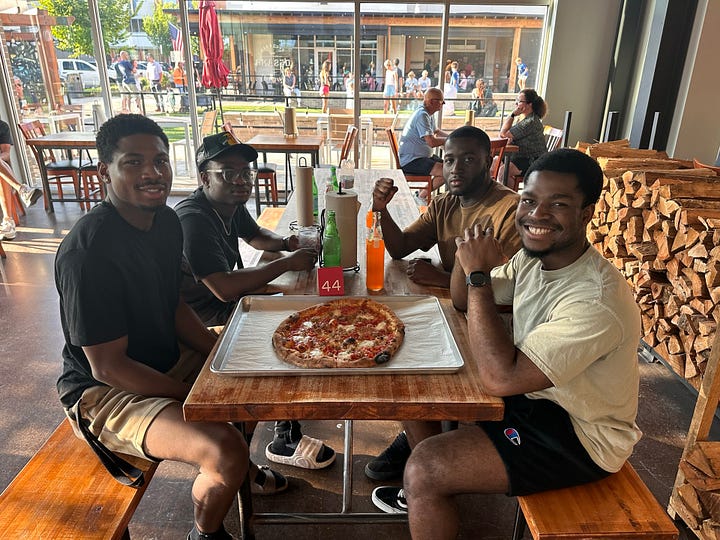
"I feel the same, honestly."
But the person I saw then is not the same person I see now. It seems like over one year, he has become much more fiscally responsible, health-conscious, and focused in life. A year ago, he swore by fast food. Now? I wake up to 10 neatly stacked meal prep plates after his weekly runs to Kroger.
There are a lot of factors that guide our decision-making: access to information, potential consequences, one's internal and external environment, etc. But the ability to make good decisions hinges on one critical thing—critical thinking.
Recently, we've seen a turning away from critical thinking. People do what others do because "other people are doing it." Mass hysteria seems to have become a staple of our society. Hell, the purest distillation of this is the philosophy professor at a state university who caught students in her "Ethics and Technology" class using AI to answer an introductory discussion that required them to introduce themselves and present their expectations for the class (reported by New York Magazine in the article "Everyone is Cheating Their Way Through College," 2025).
I won't sit here, all haughty, and claim that I am an expert in critical thinking. I concede that I have used the ever more ubiquitous AI tools for the most minor of tasks. I also recognize that I sound like I’m repeating a variation of the tired old sentiment shouted by each generation about their time.
But I have also experienced the importance of critical thinking. Very recently, I was scammed out of a relatively huge sum of money. Now this was cybercrime, and if there's anything I've learned following that harrowing experience, it's that I'm a victim too. But that experience exposed some deficiencies in my thinking. Even crazier, I saw how almost everyone around me could've fallen prey like I did.
This scam also happened at a very socio-politically abrasive time. The 2024 US election was in the foreground. Behind us, the first Trump presidency, the 2020 COVID pandemic, the 2022 Russia-Ukraine War, the 2023 Israel-Hamas War, the ascent and proliferation of artificial intelligence, and most importantly, the 2024 sale of Manchester United Football Club to INEOS. Very, very contentious times indeed. I must admit that, on many occasions while living through all this, I caught myself being "ideologically scammed." Either my consent was manufactured, or I absolved myself of individual responsibility, or I excused manipulation in the name of my ignorance.
In any case, I have lived through the importance of critical thinking. “Critical thinking” is defined somewhere between a singular skill and a set of skills. One thing about skills, though, is that they can be improved. Better yet, critical thinking can be improved throughout your entire life. I shy away from thinking that limits human capacity. There is scientific backing to the full development of the prefrontal cortex, but this exists in the context that admits that we, as humans, can improve ourselves. Personalities change, interests bloom, and passions flourish. Just from our individual experiences of life, we can see that our brains change every day. Neuroplasticity remains our constant shared feature until we die[1][2][3][4].
I don't know.
Maybe it's because I turn 25 soon. Maybe I've heard so much recently about how I'm about to become static when all I've lived is fluidity. Maybe there are logical inconsistencies in that previous paragraph.
But I want to improve. I want to grow. I want to look at myself today and be grateful that I am no longer the person I was yesterday.
"As a man thinketh in his heart, so is he."
I begin this exercise in critical thinking with the hope that I become better than I was.
With you, dear reader, as my companion.


